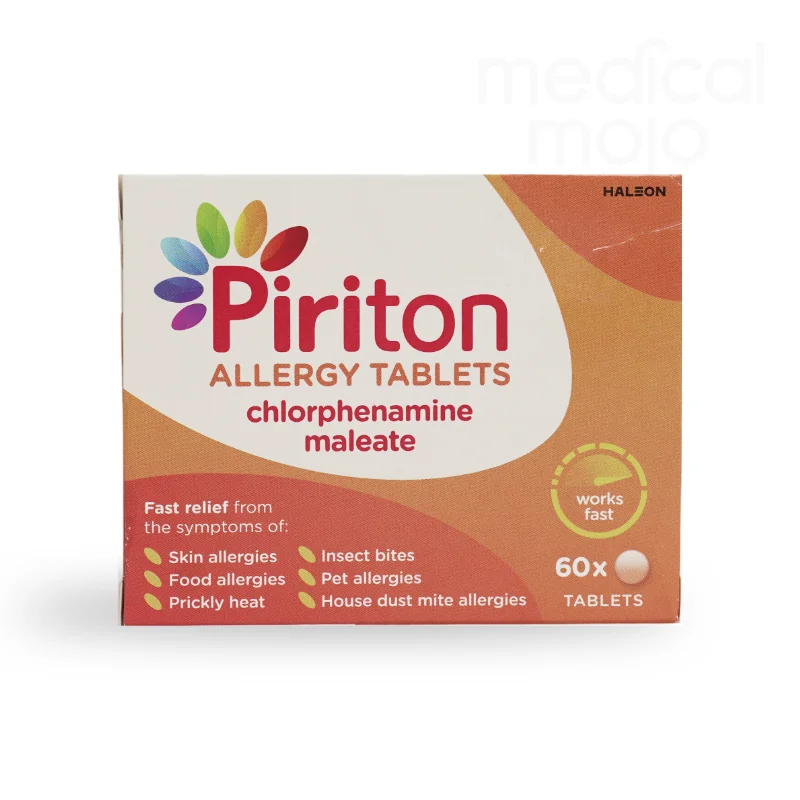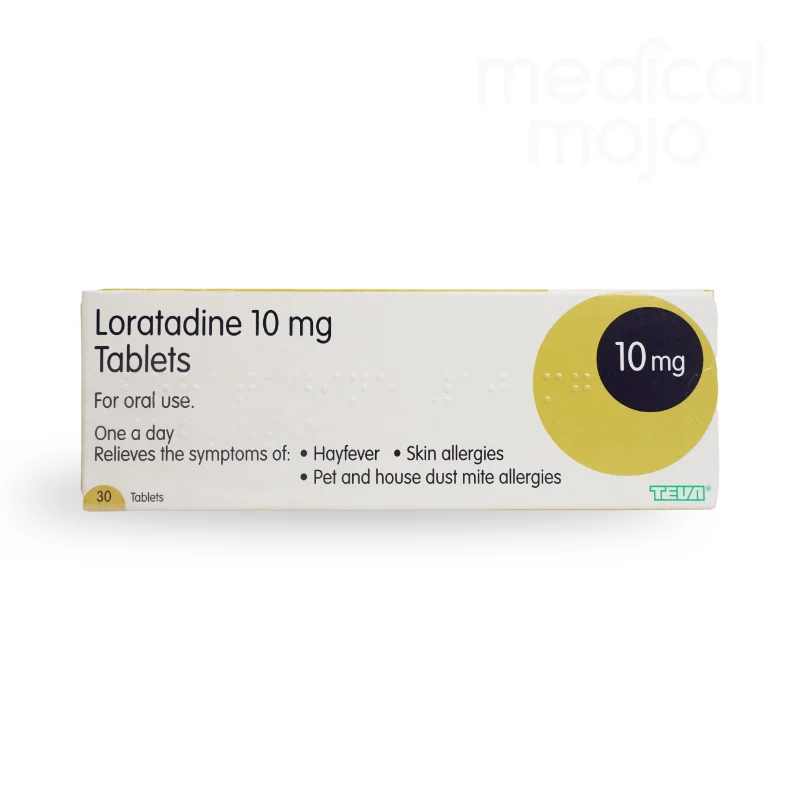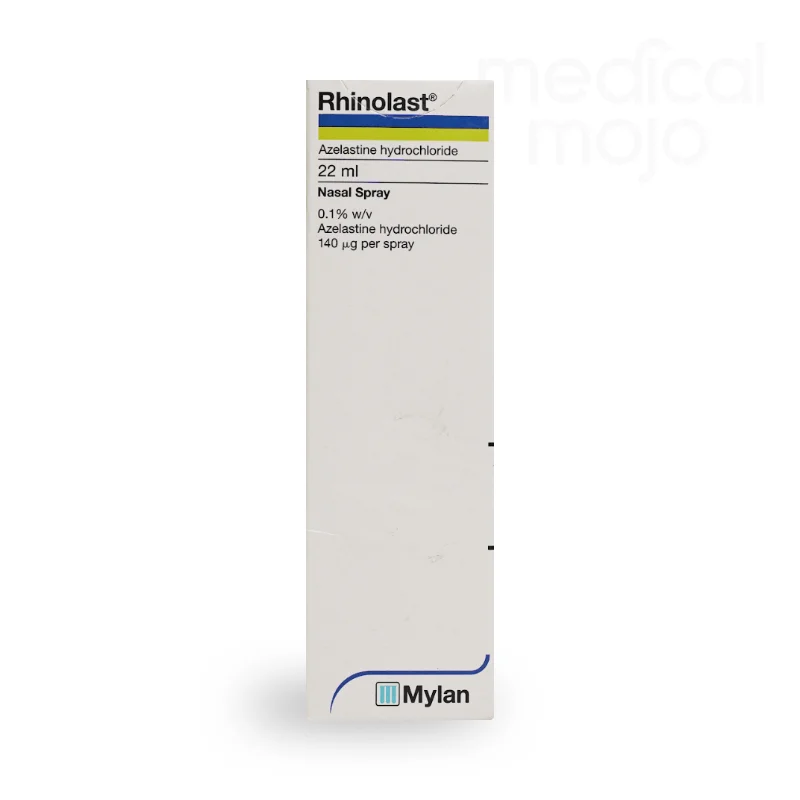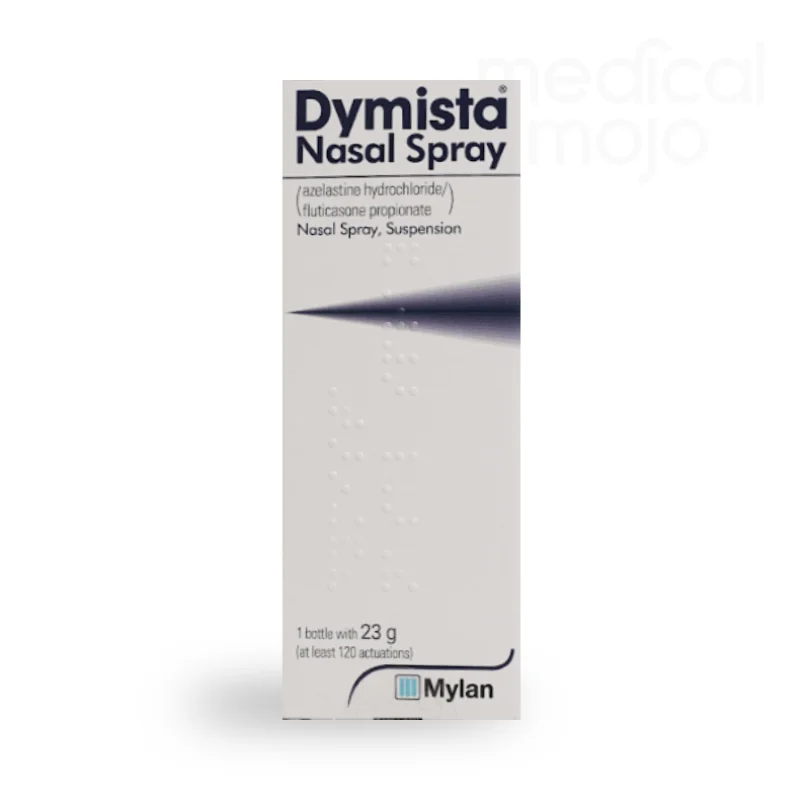What are Piriton tablets?
Piriton tablets and syrup are effective treatments for hay fever and allergies in both children and adults. Piriton contains the antihistamine chlorphenamine, which quickly alleviates the uncomfortable symptoms of hay fever and other allergic reactions. This formula is considered a drowsy antihistamine, which can also help promote restful sleep. Each pack contains 60 tablets suitable for children and adults over 6 years old, or you can opt for a 150ml bottle of syrup, which is safe for use in children as young as 1 year.
Piriton Tablets are used to alleviate allergic symptoms associated with hay fever and other allergies. The active ingredient, chlorphenamine maleate, is an antihistamine that helps relieve symptoms of various allergies and itchy skin rashes.
What is Piriton used for?
Piriton is an antihistamine that effectively relieves allergy symptoms such as a runny nose, sneezing, and watery or itchy eyes. It is also highly effective in soothing itchy, irritated, or inflamed skin.
You can use Piriton to alleviate symptoms from the following:
- Hay fever
- Skin allergies and dermatitis
- Pet allergies
- Insect bites and stings
- House dust, mould, or dust mite allergies
- Nettle rash and hives
- Heat rash
- Mild food allergies
- The itchy rash of chickenpox
How to take Piriton?
The tablet can be divided into equal doses.
For adults and children aged 12 years and over:
Take one tablet every 4 to 6 hours as needed.
Do not exceed 6 tablets in 24 hours.
For children aged 6 to 12 years:
Administer ½ tablet every 4 to 6 hours as needed.
Do not exceed 6 half-tablets in 24 hours.
For the elderly:
Consult your doctor or pharmacist before taking this medication, as you may be more prone to side effects, including confusion, and you may need to take a lower daily dose.
The maximum daily dose is 3 tablets (12 mg) within any 24-hour period.
- Do not exceed the recommended dose.
- Allow a minimum of 4 hours between doses.
- Do not use continuously for more than 14 days without consulting a doctor.
- Not suitable for children under 6 years of age.
If you take too many tablets:
Seek immediate medical advice by contacting your doctor or the nearest emergency department. Avoid driving if you have taken an overdose.
If you forget to take a dose:
Take the missed dose as soon as you remember, unless it’s almost time for your next dose. Never double up on doses to make up for the missed one.
If your symptoms persist, consult your doctor.
Does Piriton interact with any other medicines?
Before using Piriton Tablets, it is important to talk to your doctor or pharmacist if you are taking any other prescribed medications. This is especially crucial if you are taking:
- Phenytoin (used for treating epilepsy)
- Medicines for anxiety (anxiolytics)
- Medicines to help you sleep (sedatives or hypnotics)
- Monoamine oxidase inhibitors (MAOIs) prescribed for depression, especially if you have taken them within the last two weeks.
- Other antihistamines (including those in cold and cough remedies)
These medicines may interact with Piriton and could potentially increase the risk of side effects or reduce the effectiveness of either treatment. Always inform your healthcare provider about all the medications you are currently taking, including over-the-counter drugs, herbal remedies, and supplements, to ensure that Piriton is safe for you to use.
Piriton FAQs
What is Piriton?
Piriton is a widely used treatment for hay fever and allergies available in both tablet and syrup forms. The active ingredient in Piriton is chlorphenamine, an antihistamine that quickly alleviates symptoms associated with allergies, such as a runny nose, sneezing, and itchy or watery eyes. It is also effective in soothing itchy, irritated, or inflamed skin. Piriton is known as a "drowsy antihistamine," meaning it may cause drowsiness, which can also aid in promoting restful sleep. The tablets are suitable for children and adults over 6 years old, while the syrup can be taken by children as young as 1 year.
What is Piriton used for?
Piriton is an antihistamine that helps relieve allergy symptoms, including runny nose, sneezing, and watery or itchy eyes. It is also effective at soothing itchy, irritated, or inflamed skin. You can take Piriton to ease symptoms from the following conditions:
- Hay Fever
- Skin allergies and dermatitis
- Pet allergies
- Insect bites and stings
- House, mold, or dust mite allergies
- Nettle rash and hives
- Heat rash
- Mild food allergies
- The itchy rash of chickenpox
Can Piriton be used for chickenpox?
Yes, Piriton can be used to relieve the itching caused by chickenpox. While chickenpox is a common illness in children that typically improves over time without treatment, the itching can be uncomfortable. Piriton can help soothe the itchiness, making your child more comfortable during this time. If your child is over 1 year old, they can take Piriton daily while symptoms last.
How does Piriton work?
Piriton contains an antihistamine called chlorphenamine, which works by blocking histamine receptors in the body. Histamines are chemicals released during an allergic reaction that cause symptoms such as itching, sneezing, and swelling. By blocking these receptors, Piriton prevents histamines from triggering these allergic responses, thereby reducing symptoms.
How long does Piriton take to work?
Most people begin to feel relief from allergy symptoms or itching within 30 minutes to an hour after taking Piriton.
Does Piriton cause drowsiness?
Yes, Piriton contains chlorphenamine, a sedating antihistamine. It can cause drowsiness, making it particularly effective for reducing symptoms at night. Newer antihistamines like loratadine and cetirizine are less likely to cause drowsiness.
What is the difference between Piriton and Piriteze?
Piriton and Piriteze are both antihistamines, but they contain different active ingredients. Piriton contains chlorphenamine, a sedating antihistamine, while Piriteze contains cetirizine hydrochloride, a newer antihistamine that is less likely to cause drowsiness.
Is it safe to take Piriton with other medications like Calpol?
Yes, it is generally safe to take Piriton with Calpol (which contains paracetamol) to help reduce pain and fever. However, it is always best to consult a healthcare professional before combining medications.
What are the side effects of Piriton?
Common side effects of Piriton include drowsiness, dizziness, headaches, blurred vision, feeling sick, and loss of appetite. Severe side effects such as swelling of the face or difficulty breathing require immediate medical attention. For a full list of potential side effects, consult the Patient Information Leaflet.
What should I avoid while taking Piriton?
While taking Piriton, you should avoid drinking alcohol, as it can increase drowsiness. You should also be cautious when driving or operating machinery until you know how Piriton affects you. Always read the Patient Information Leaflet and consult your doctor or pharmacist if you have any concerns.











